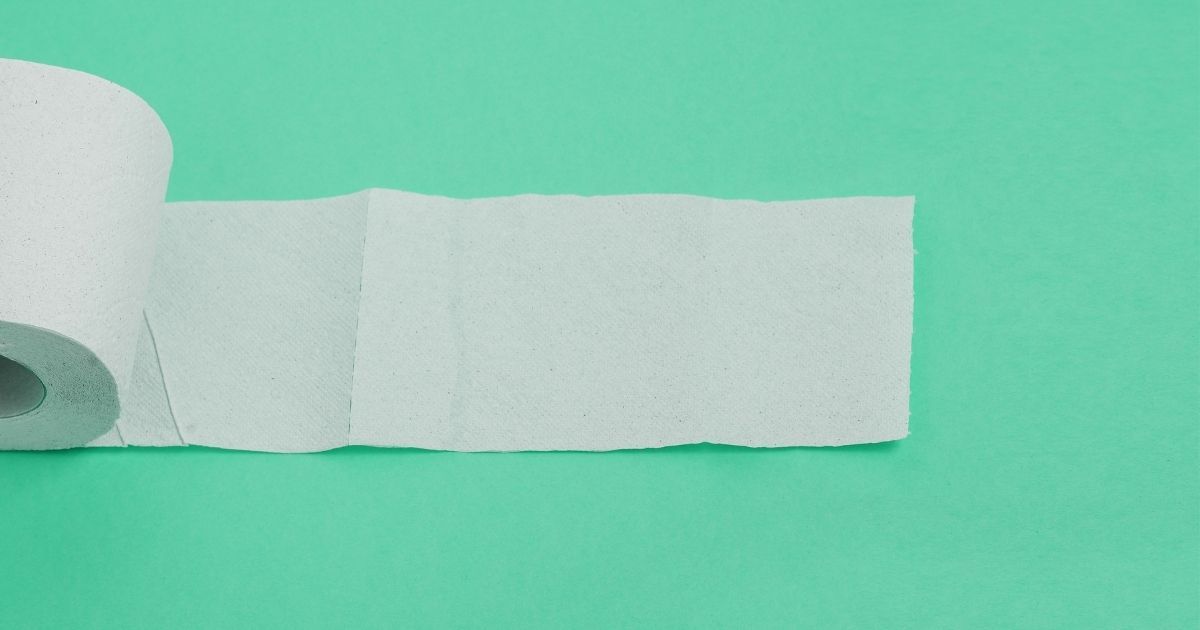Millions of Americans aged 65+ suffer from urinary incontinence, an embarrassing condition that can also cause serious health problems. As a leaking of urine that can’t be controlled, urinary incontinence affects between a quarter and a third of all seniors. Fortunately, incontinence isn’t always a normal part of the aging process. As an informal caregiver, helping an aging loved one who has urinary incontinence stay active will help ensure that they enjoy a higher quality of life.
Types of Urinary Incontinence
The many different types of urinary incontinence include:
- Stress incontinence. As the unintentional passing of urine through the urethra due to weakened pelvic floor muscles, stress incontinence typically occurs when a person sneezes or laughs.
- Overactive bladder (OAB). Also called surge incontinence, OAB occurs when the urge to urinate comes on suddenly, resulting in leakage.
- Total incontinence. When their bladder cannot store any urine, it can make the person have a constant urge to pass urine.
- Overflow incontinence. This occurs when other conditions cause an individual to be unable to completely empty their bladder.
- Functional incontinence. Common in the elderly, functional incontinence is when the person has a normal urge to urinate but cannot get to the toilet in time due to physical or cognitive impairments.
Urinary incontinence often results from treatable conditions like constipation or a urinary tract infection (UTI). When it occurs, incontinence also increases a person’s risk for recurring UTIs.
Urinary Incontinence Often Lowers Self-Esteem
Seniors that experience urinary incontinence often feel embarrassed and many put off seeing a doctor longer than they should. Constant worrying about poor bladder control can lower self-esteem, causing the individual to be anxious and nervous when out in public.
Over time, many older adults with urinary incontinence experience social isolation. It can also be an early indicator of frailty and other health concerns that increase one’s risk for falling, while prolonged urine exposure to skin may cause various skin problems.
Treatment Options
Once the specific cause of incontinence has been pinpointed by a doctor, they may recommend one or more of these treatments:
- Bladder training exercises
- Pelvic-floor exercises, more commonly called Kegel exercises
- Prescription medications
- Surgery
Short-Term Incontinence Management Tips
As a family caregiver, it’s important to find the right products for your senior so they can manage their incontinence daily. Your options may include:
- Absorbent pads
- Disposable underwear
- Incontinence underwear (reusable garments with a waterproof, absorbent liner)
- Skin care and hygiene products such as wipes, skin barriers, and moisturizers
Long-Term Urinary Incontinence Strategies for Aging Adults
Some older adults with urinary incontinence may also depend on family caregivers to help them with activities of daily living (ADLs), such as bathing, toileting, and dressing. Those with Alzheimer’s or another form of dementia often develop urinary incontinence in the later stages of the disease.
Once incontinence is combined with other health conditions the senior may need to have a personal assistant close by throughout the day. In some circumstances, it may become necessary for an aging in place senior to give up their independence so that family members can ensure their safety and comfort.
How Senior Incontinence Affects Caregivers
Initially, urinary incontinence may place a significant amount of strain on a family caregiver. As the relationship between the person with incontinence and their caregiver changes, the increased workload and financial impact of continence management can increase stress levels of loved ones responsible for the care.
As informal caregivers struggle to manage their loved one’s condition, it may become necessary to put them in an assisted living or nursing home facility so they can receive the level of care that’s needed. Another option is hiring a professional in-home caregiver from a licensed home care agency.
An Extended Family in Your Loved One’s Home
Caring for an aging loved one with urinary incontinence can be challenging and stressful. At Seniors Prefer Homecare, we provide reliable and affordable in-home incontinence care solutions that restore the peace of mind of the clients and families we serve. While serving as an extended family in the home, our highly trained professionals support senior daily living activities through in-home services like personal care, household duties, companionship care, dementia care, and even live-in and 24-hour care.
At SPH, our compassionate team members use a unique approach that’s designed to lift the spirits of those we serve while maintaining their independence, dignity, and self-esteem. To learn more about our “cream-of-the-crop” home care services now, or to schedule a FREE initial consultation for a senior in Huntsville or Tuscaloosa, AL, today, please visit Seniors Prefer Homecare at www.seniorspreferhomecare.com!

